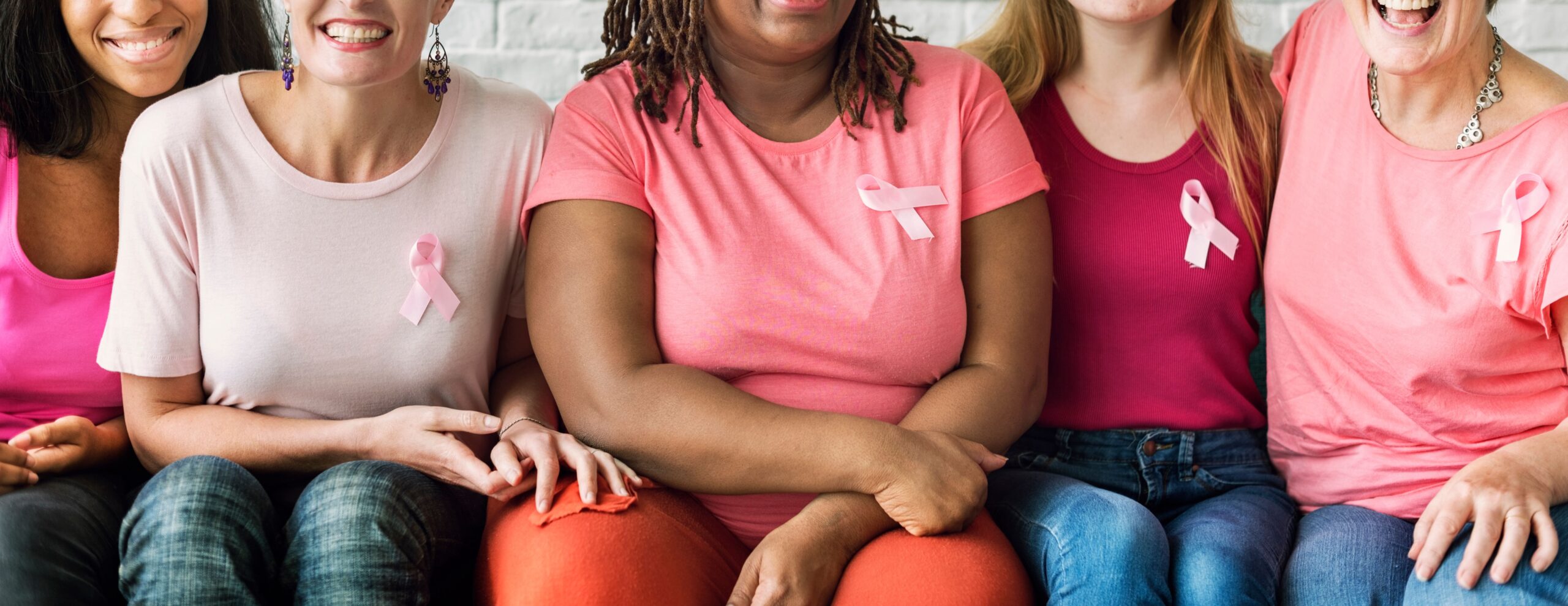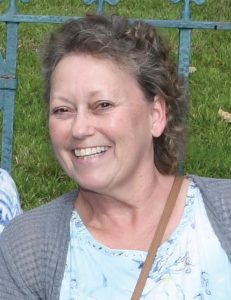

For as long as Brenda Badger can remember, she has been drawn to children and aspired to care for them. At age 11, she worked her first full-time summer job babysitting for a woman with six children, ages newborn to 7 years.
Brenda fashioned that early experience into a 45-year career in childcare, including 18 years at a day care center located in her home.
“I was working at a hospital-based childcare center in Montpelier, Vermont,” Brenda recounts. “I have a degree in early education and was teaching the 2-year-old toddler group. The hospital decided to close its center, so I decided to open my own. My husband built a huge addition onto our house, which became our day care. We were licensed and registered in the state of Vermont.
“When the hospital center was closing, people asked where they could send their children. The hospital staff referred many of them to me. I took care of children from 6 in the morning to 6 at night. I cared for children ranging in age from 6 weeks to 12 years.”
Once the children turned 12, Brenda invited them to return to her center to help care for the younger children. She also encouraged the older children to attend a babysitting class she taught so they could become registered babysitters.
“There’s something about children; I just love being around them,” Brenda muses. “I’ve actually helped the children of children I cared for.”
In 2016, Brenda and her husband became snowbirds, traveling from Vermont to an RV park in Florida. Two years ago, they purchased a home in Inverness and became permanent residents, but they still travel to Vermont each summer to visit their children and grandchildren. While in Vermont last year, Brenda received some disturbing news.
“Eleven years ago, I was diagnosed with breast cancer. It was invasive ductal carcinoma,” Brenda shares. “I went through chemotherapy and radiation and then started taking tamoxifen. I did the hormone therapy for 10 years but started worrying about its effects on my body. I stopped taking tamoxifen last summer and started getting sick.
“My lungs kept filling up with fluid and nobody could figure out what was causing it. This was happening during the surge of COVID-19 and everybody was worried that I had the coronavirus. But all the tests came back negative. The doctors tried just about every diagnostic test they could think of, but they all turned out negative.”
In time, Brenda visited a pulmonologist who recommended positron emission tomography (PET scan). The test revealed the breast cancer had metastasized into her lymph nodes, liver and bones.
“When people don’t get screened at the appropriate time, we see the consequences.” – Dr. Apuri
While still in Vermont, Brenda was hospitalized several times. She was referred to a thoracic surgeon, who placed a sticky substance in her chest to hold open the pleura, the sheet of tissue surrounding her lungs. This way, her lungs, which continued to fill with fluid, wouldn’t collapse. Following surgery, Brenda found an oncologist and began chemotherapy.
When Brenda was finally well enough to travel, she returned to Florida and immediately visited Florida Cancer Specialists & Research Institute in Inverness for follow-up care. At Florida Cancer Specialists, Brenda met with medical oncologist Susmitha Apuri, MD.
“Brenda was diagnosed with stage 4 breast cancer in Vermont, was started on treatment and received several cycles of chemotherapy,” Dr. Apuri reports. “There are many types of breast cancer. Brenda has a common type, hormone receptor-positive breast cancer. We talked about available treatments for this type of cancer.”
Approach Adjustment
As part of her chemo regimen, Brenda was taking Taxol, an antimitotic drug that blocks cancer cell growth by disrupting mitosis, or cell division. But over time, that medication became less effective for her.
“I began experiencing more cancer progression, especially in my lungs,” Brenda elaborates. “In fact, my doctor in Vermont said there wasn’t anything more he could do for me. He wanted to send me home with hospice. I was devastated and so was my family.”
That devastating news was delivered to Brenda and her family last October, not long before she was scheduled to go back to Florida. By the time she returned, her health had declined significantly, according to Dr. Apuri.
“She’d lost weight and was on oxygen,” the doctor details. “She was also under the impression that nothing more could be done for her. We have come a long way in breast cancer treatment, so I thought, It’s too early to say there’s no hope. We talked about some other treatment options and agreed to make changes to her chemotherapy regimen.”
Dr. Apuri switched Brenda’s treatment to a combination chemotherapy consisting of two medications, Gemzar and carboplatin. Brenda received therapy on a schedule of two weeks on and one week off and responded wonderfully.
“Dr. Apuri ordered a PET scan at the end of December and it showed that things were improving,” Brenda enthuses. “The tumors were shrinking.”
The oncologist added another medication to Brenda’s regimen called XGEVA® to help battle the metastasis in her bones. Dr. Apuri also recommended that Brenda continue taking calcium supplements to further strengthen her bones.
Brenda’s cancer continued to respond to treatment, but she did suffer a minor setback: an allergic reaction to carboplatin. In response, Dr. Apuri made another adjustment to Brenda’s regimen.
“I changed how Brenda’s medications were administered to minimize the side effects, and we talked about what else we could do in the future,” Dr. Apuri remembers. “We reviewed and discussed all treatment options again, including clinical trials. I believe our discussion gave her a lot of hope.”
Brenda spent the summer in Vermont, where she attended the graduation ceremonies of three of her grandchildren. Throughout Brenda’s stay, Dr. Apuri continued to be involved with her day-to-day care from afar.
“Dr. Apuri shared all of my information and test results with my new oncologist in Vermont,” Brenda elaborates. “She also told me to contact her if I have any questions or concerns. I’ve called Dr. Apuri a few times, and she’s been very supportive.
“I absolutely love Dr. Apuri. She’s great. She’s very good at explaining things I don’t understand. She’s caring and compassionate, and I feel comfortable with her. She just knows what she’s doing. I wouldn’t go to anybody else.”






Leave a Reply